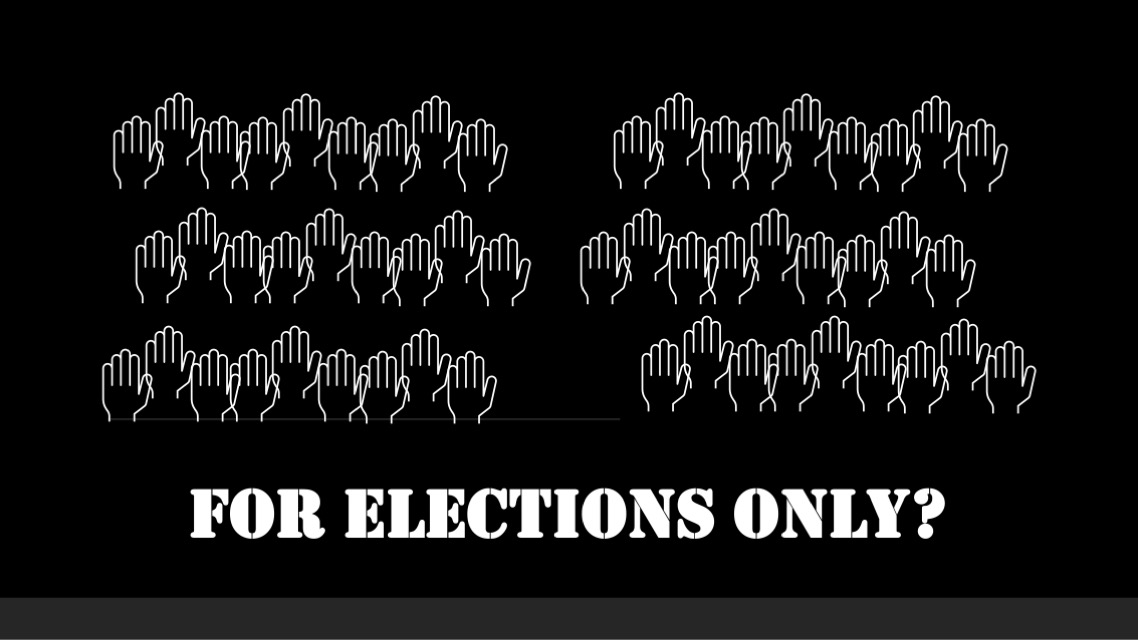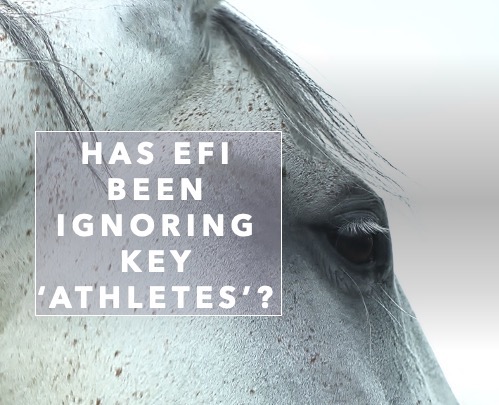Few would imagine that a vast majority of Equestrian Federation of India’s member-clubs could well be Ghost Clubs – with no athletes and horses on record.
Each time the Equestrian Federation of India claimed that it manages a ‘peculiar’ club-based sport and hence worthy of being exempt from complying with some provisions of the National Sports Development Code of India 2011, many would have believed that it possibly had a strong argument to bolster its case.
Some are now suggesting that that these member clubs, seeking to retain votes to decide the composition of EFI’s executive, may not have registered themselves with the Registrars of Societies, may be without Constitutions, may not have held elections, presented annual reports and statements of accounts, and may be without PAN Cards and Bank Accounts.
Is creating Ghost Clubs one way of circumventing the National Sports Code and to manage the Electoral College? The EFI counsel has been pointing out in Court that the State Associations themselves are not Code-compliant (and hence cannot ask EFI to be Code-compliant). But the Code would be applicable to everyone in the Electoral College.
In its judgement on August 12, 2022, the High Court of Delhi held the view that the National Sports Code must be made applicable to every constituent of every National Sports Federation, including the Indian Olympic Association as well as its constituents. It does mean that the EFI and its constituents have to comply with the requirements of the Code.
The truth will probably unravel should the High Court of Delhi seek records of each of these member clubs. By its own admission in the High Court of Delhi in February last year, a total of 202 clubs are registered with EFI, including 49 which had not paid the requisite membership fee at the time and hence could not be part of the proposed Electoral College.
On its website, EFI database lists 4305 Horses, 4964 Riders and only 100 Clubs as members. Of these, 2364 Horses and 2907 athletes have identified the National Federation (aka EFI) as their Riding School (aka Club) with which they are registered. As many as 1310 horses and 1046 athletes do not have any Riding School listed against them.
A reconciliation of the horses and athletes’ data with the 202 clubs makes for a very interesting reading. The clubs are the Riding Schools in which 556 horses and 968 athletes are registered. These include 438 horses and 817 athletes in the 153 clubs in the proposed Electoral College and 118 horses and 151 athletes in the 49 ‘Fee due’ clubs.
Of the 153 clubs on the proposed electoral college, as many as 91 do not have any horses or athletes registered with them. And of the 49 ‘fee due’ clubs, 34 do not have either a horse or an athlete registered. That makes it a whopping 61 per cent of the members who do not have either a horse or an athlete with them.
Only 48 of the 153 clubs on the proposed electoral college have at least one horse and only 55 have at least one athlete registered. Of the other 49 ‘fee due’ clubs, only 11 have at least one horse and only 15 have at least one athlete. It means that only 29 per cent of member clubs have at least one horse and only 34 per cent have at least one athlete.
Of course, it is possible that the clubs may argue that they are not Ghost Clubs at all and that the database on the EFI website is not up to date. If indeed that is true, it would be interesting to undertake the exercise all over again. But the fact is that the numbers cited earlier are drawn from the EFI database as it is available at the moment.
Curiously, some of these clubs are based in places like Kargil, Pattan, Kupwara and Baramulla. If indeed Equestrian sport is being played in these parts, there is much reason for the country to draw pride and joy. However, it does look difficult for this idea to move from the realms of imagination to the world of reality.
The question that arises is what could these club members be doing if they do not have a single horse or athlete registered as their members? While some suggest that it could well mean that the representatives of these Ghost Clubs only surface each time there is a General Body meeting of the Federation, I reckon it is best to say that your guess is good as mine.
Sadly, even the most ardent of crusaders for Code-compliance by National Sports Federations have looked the other way when it comes to Equestrian matters. It does not seem to matter to them that representatives of Ghost Clubs – some call them yes-men – have been used to cock a snook at the ethos of the National Sports Code.




A newssurvey of all records be done to show the MYAS, SAI and the court the truth about these bogus clubs. A very well written article with facts.
The stark reality of EFI functioning and the equestrain sports administration